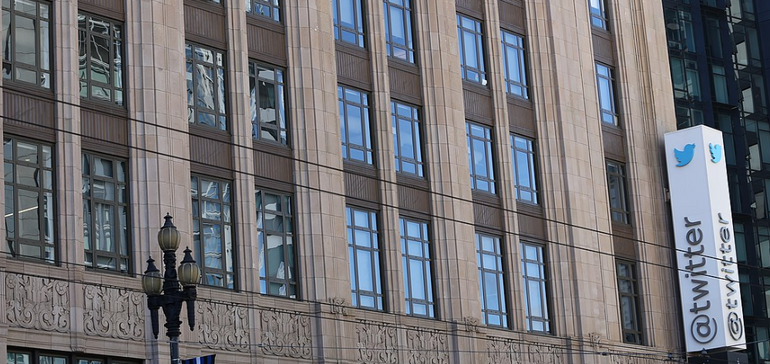God, I’ll be happy when the Elon Musk/Twitter takeover deal is finally done with, so that I can finally stop checking in on Musk’s rubbish Twitter feed every day.
So what’s the latest on the Musk takeover fiasco?
Well this week, Elon’s team finally had a minor win, with a judge ruling that Twitter will be required to provide documents from former Twitter product chief Kayvon Beykpour as part of Team Musk’s evidence-gathering process, through which it’s seeking to prove that Twitter willfully mislead investors as to the amount of fake accounts on its platform
Which is the key sticking point, according to Musk, in the deal going ahead as originally planned. For months, Musk has questioned Twitter’s claim that only 5% of its active users ae bots or spam accounts – because in his personal experience, and that of other people he’s spoken to, it’s clearly much higher than this.
Which it may well be. According to Twitter’s own explanation:
“Twitter’s quarterly estimates are based on daily samples of 100 mDAU, combined for a total sample of approximately 9,000 mDAU per quarter.”
Twitter’s sample size of 9k accounts – or 0.0038% of Twitter’s total audience – does seem like a fractional review size, which likely isn’t producing a fully indicative result in this respect. But nevertheless, Twitter has argued that even if you disagree with its methodology, that’s immaterial to the takeover moving ahead, because Musk agreed to the original deal with its official disclosures on record, and with no further parameters for revision based on such.
So while Musk’s team is gearing up to prove that Twitter’s numbers are false, Twitter’s saying that its official statements and processes have been on record for some time, and have been accepted by the SEC in the past, which therefore negates Musk’s claims that this would constitute cancellation on the grounds of ‘Material Adverse Effect’.
In other words, nothing has significantly changed since the deal was agreed to, so it will, in Twitter’s view, be going ahead.
How new revelations from Beykpour change this remains to be seen, but it seems unlikely that the former product chief is going to be able to provide any significant revelation that will alter these stances either way.
But Musk continues to re-state his concerns via tweet, noting today that Twitter is ‘doing everything possible’ to avoid answering questions about how it verifies its audience data, and how many actual people are seeing ads via the app.
There is seemingly a case to be considered in regards to ad exposure, if Musk’s team can definitely prove that the vast majority of Twitter ads are not being seen by real people. But thus far, Musk and Co’s efforts to prove Twitter wrong have relied on questionable methodology, which likely won’t hold up in court in this instance.
For context, Musk’s team has claimed, based on its own investigations, that the number of fake/spam accounts is more like 27% of Twitter’s mDAU count, while only 7% of Twitter users are actually seeing the majority of its ads.
Could insights from Kayvon Beykpour change this?
I guess, in theory, if Beykpour wanted to harm his former employer, he could dig up some dirt from past discussions on such, which could raise more questions about Twitter’s methodology. But then again, as noted, Twitter has directly stated that it’s only ever measuring 0.0038% of its audience for bot traffic, on a rolling, month-by-month basis. Twitter has been open about this, as outlined in its methodology. There doesn’t seem like much more could be said to cloud its claims.
Maybe that’s why Musk is already gearing up to pay for the app, recently selling almost $7 billion in Tesla stock in preparation for a transaction.
It does seem, on balance, like Musk is on the back foot, and will be struggling to wriggle out of the deal, based on the agreed terms. At least, Twitter’s legal team seems confident that they have the details locked in – though we won’t find out for sure till October, when the trial begins.



